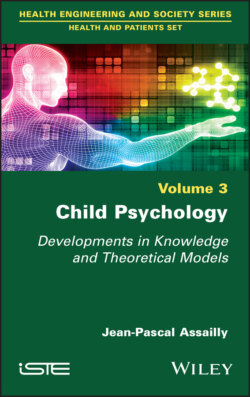Читать книгу Child Psychology - Jean-Pascal Assailly - Страница 77
2.6.6. Exposure to caffeine
ОглавлениеData from animal studies suggest that maternal caffeine consumption during pregnancy has adverse effects on the subsequent brain development of the offspring. However, human data in this area is limited.
Multivariate modeling was carried out on the EDEN cohort, using data from 1,083 mother–child pairs (Bernard and van der Waerden 2016). Measurements included estimated maternal caffeine intake during pregnancy, child IQ at 5.5 years and individual and family characteristics.
Prenatal caffeine exposure was common in the sample (91%), with 12% having intakes ≥ 200 mg/day, which is a high intake. There was a significant negative relationship between caffeine intake and child IQ at 5.5 years. In particular, children of mothers consuming ≥ 200 mg/day were more likely to have borderline or lower IQs compared with children of mothers consuming <100 mg/day.
